N3C Domain Team: Hematology
Mission
The goal of the Hematology Domain Team is to use the N3C Data Enclave to characterize the epidemiology, outcomes, and severity of COVID-19 in patients with a broad spectrum of hematological diseases. This team will primarily focus on benign hematological diseases and will include the following conditions:
- Hemoglobin disorders: hemoglobinopathy, thalassemia
- Bleeding disorders: Hemophilia & Hemophilia B, von Willebrand’s disease, platelet function disorders and other rare bleeding disorders
- Thromobophilic conditions: Factor V Leiden, prothrombin gene mutation, deficiencies of proteins C, S, antithrombin, antiphospholipid antibody, and similar conditions
- Post-splenectomy
- Thrombocytopenia
Meeting information: Not Actively Meeting as of May 2025.
Specific Aims of the projects:
This team will address epidemiological questions in respective hematology population using N3C Data Enclave. In general, these questions will focus on following specific aims:
- Study the epidemiology of specific hematology population affected with COVID-19 and compare data distributions (e.g., mean, median, range, proportions) of patient variables (e.g., underlying medical condition, demographics, comorbidities, coagulation test results)
- Study the phenotype and outcomes of COVID-19 infections in a hematological condition: results of COVID tests, symptoms, hospitalization rates, ICU transfer rates, length of stay, thromboembolic complications, mortality
- Perform a nested case-control study to identify risk factors for development of thromboembolic events in hematology population with specific disease condition affected with COVID-19: Compare the characteristics of age and disease state matched cases with thrombosis and controls without thrombosis to identify risk factors for pro-coagulant state despite underlying hypo-coagulable state
- Develop a disease specific risk-predict model to assess illness severity
We will use a spectrum of methodologies in terms of traditional, biostatistics, machine learning and deep learning approaches to predict the illness severity from the variables listed above plus ventilation and risk scores (i.e., SOFA, APACHE, OHDSI). More features will be gradually fed to the models to increase complexity. More strategies would be applied, for example, by training the models on the synthetic data and testing on the real data, as well as validate the developed models by using data across sites/regions.
For Questions or Comments: Please access the N3C Support Desk and click on "Request Domain Team Support".
Hematology Drive
n3c-dt-hematology@googlegroups.com

Join the Conversation
Leadership

University of Iowa Carver College of Medicine

null

